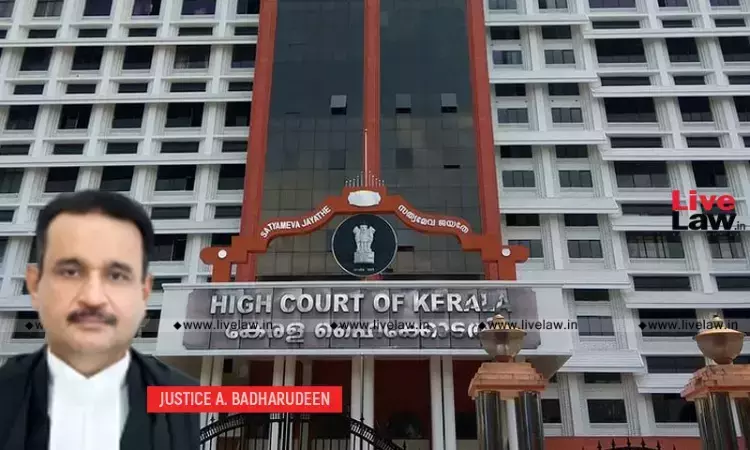Section 100 CPC | Second Appeal Doesn't Lie On Equitable Grounds: Kerala High Court
Tellmy Jolly
24 Jan 2024 1:09 PM IST

Next Story
24 Jan 2024 1:09 PM IST
The Kerala High Court recently stated that the High Court shall admit and hear a second appeal under Order XLII Rule 1,2 read with Section 100 CPC only on 'substantial question of law' and not on equitable grounds.Justice A. Badharudeen observed that the term 'substantial' means having substance, essential, real, of sound worth, important or considerable. It stated that 'substantial question...
